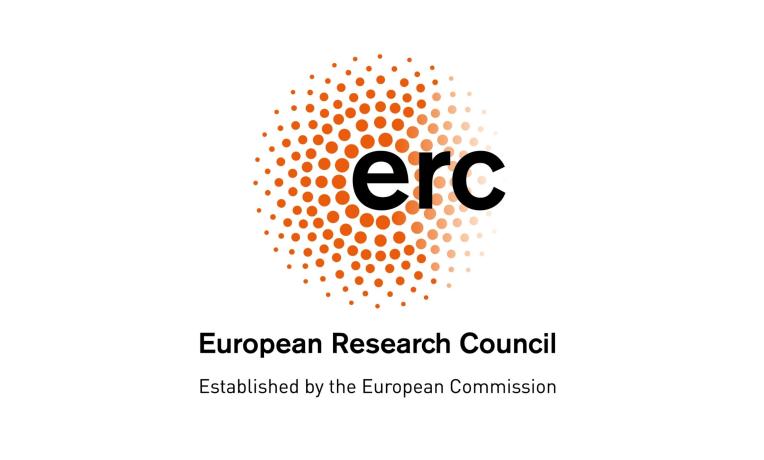
The selected innovative projects cover a variety of topics, ranging from a new health therapies, to creating detailed 3D maps of forest structures, to an ocean surveillance model for fish conservation.
Proof of Concept grants, worth €150,000 each and open to ERC grant holders, can be used, for example, to establish intellectual property rights, investigate business opportunities or conduct technical validation. The grantees can apply for funding in three rounds of the call. The results of the second round of the 2017 call were announced today.
The grantees are based in Belgium, Estonia, Finland, France, Greece, Germany, Ireland, Israel, Italy, the Netherlands, Portugal, Spain, Sweden, Switzerland and the UK. The budget of the overall 2017 Proof of Concept competition is €20 million. In this second round, the ERC evaluated 139 applications for grants.
Background
The European Research Council, set up by the European Union in 2007, is the first European funding organisation for excellent frontier research. Every year, it selects and funds the very best, creative researchers of any nationality and age, to run projects based in Europe. It offers four core grant schemes: Starting, Consolidator, Advanced and Synergy Grants. The ERC also strives to attract top researchers from anywhere in the world to come to Europe. To date, the ERC has funded around 7,000 top researchers at various stages of their careers. With its Proof of Concept grant scheme, the ERC helps grantees to bridge the gap between their pioneering research and early phases of its commercialisation.
The ERC is led by an independent governing body, the Scientific Council. The ERC President is Professor Jean-Pierre Bourguignon. The ERC has a budget of over €13 billion for the years 2014 to 2020 and is part of the EU research and innovation programme, Horizon 2020, for which European Commissioner for Research, Innovation and Science Carlos Moedas is responsible.

